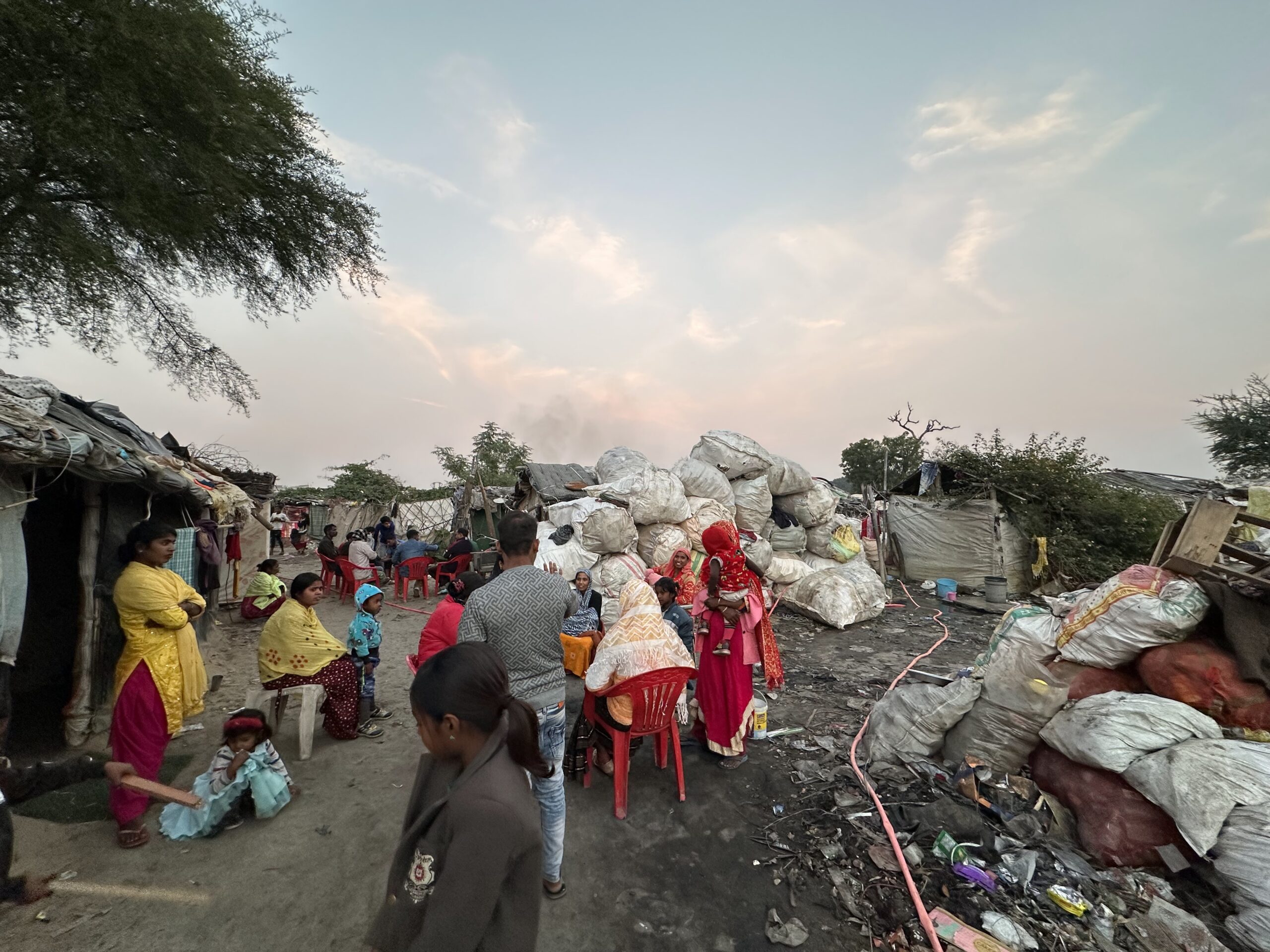MGNREGS, once a beacon of hope, now faces scrutiny due to operational challenges and declining budgetary support, necessitating urgent reevaluation for sustainability.

Waste pickers work under the public-private partnership (PPP) model under the Jawaharlal Nehru National Urban Renewal Mission (JNNURM). This setup leaves out a large number of waste pickers who are not working under any organisation and are working in their independent capacity. While several institutions have attempted to organise and unionise these waste-pickers, such a case has not reached Lucknow. These informal workers form the backbone of most urban spaces as the groups who undertake essential city services. These waste-pickers gather household waste in specified zones, sorting recyclables that they sell to their contractors, who offer logistical support. These contractors then sell the recyclable materials to recycling agencies both within and outside the city.
Despite contributing to essential city services, waste-pickers lack access to basic services, rights, and a platform to voice their concerns. In addition to their lack of incorporation under government policies, their slum has no basic amenities, their children go to private schools, and their wives work as domestic workers in the nearby housing complex as was found during the field survey. We were told that females don’t go out to collect waste, rather it’s only men who do it. Female members help in sorting out the wastes collected as they are later sold to contractors as scrap material. Plastics, cardboard, bottles, and glass are segregated and kept in bundles for reselling.
MGNREGS, once a beacon of hope, now faces scrutiny due to operational challenges and declining budgetary support, necessitating urgent reevaluation for sustainability.
How Sport for Development (S4D) is increasingly being acknowledged within policy frameworks in India
Institutionalising and legitimising sports to enable a sporting ecosystem in favour of those who need it the most.
A Policy Blog in Hindi , part of the larger study conducted in Bihar
